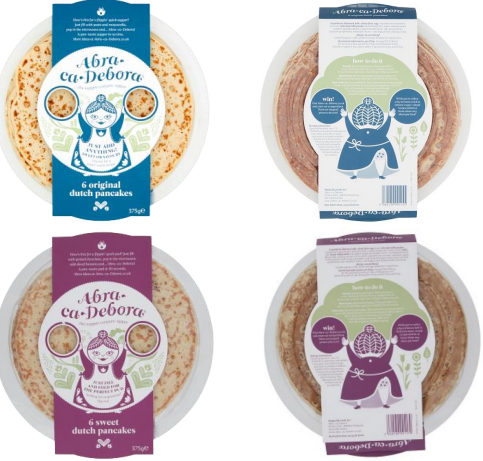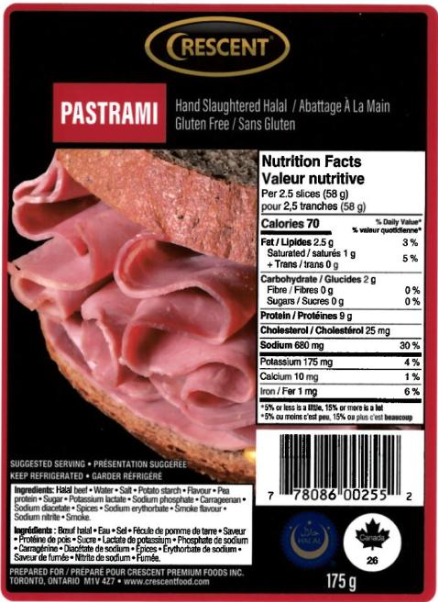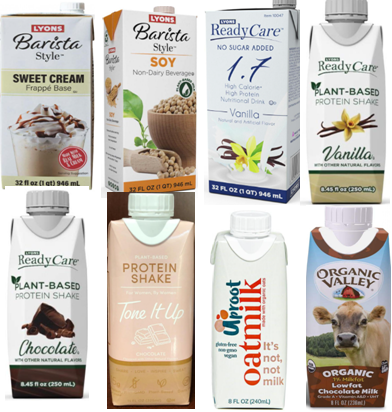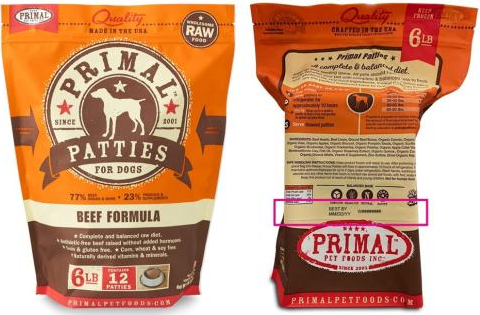The FSA reported that Cérélia recalled two types of Abra-ca-Debora Dutch Pancakes from the UK markets because they might contain Listeria monocytogenes. The recalled products are Abra-ca-Debora 6 Original dutch pancakes 375g x 6, and Abra-ca-Debora 6 Sweet dutch pancakes 375g x 6. Tesco supermarkets distributed the product. @ https://www.food.gov.uk/news-alerts/alert/fsa-prin-47-2022




